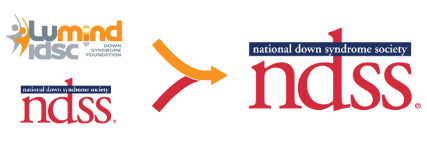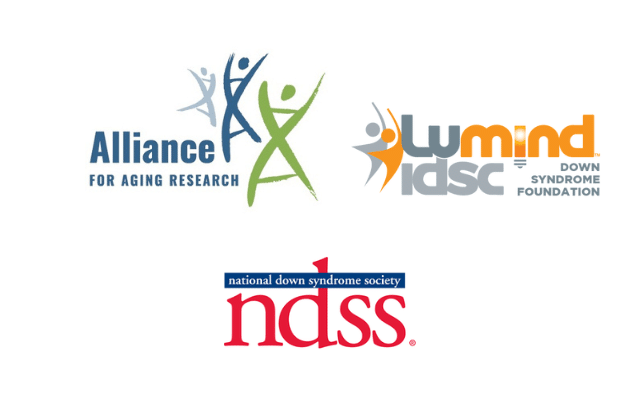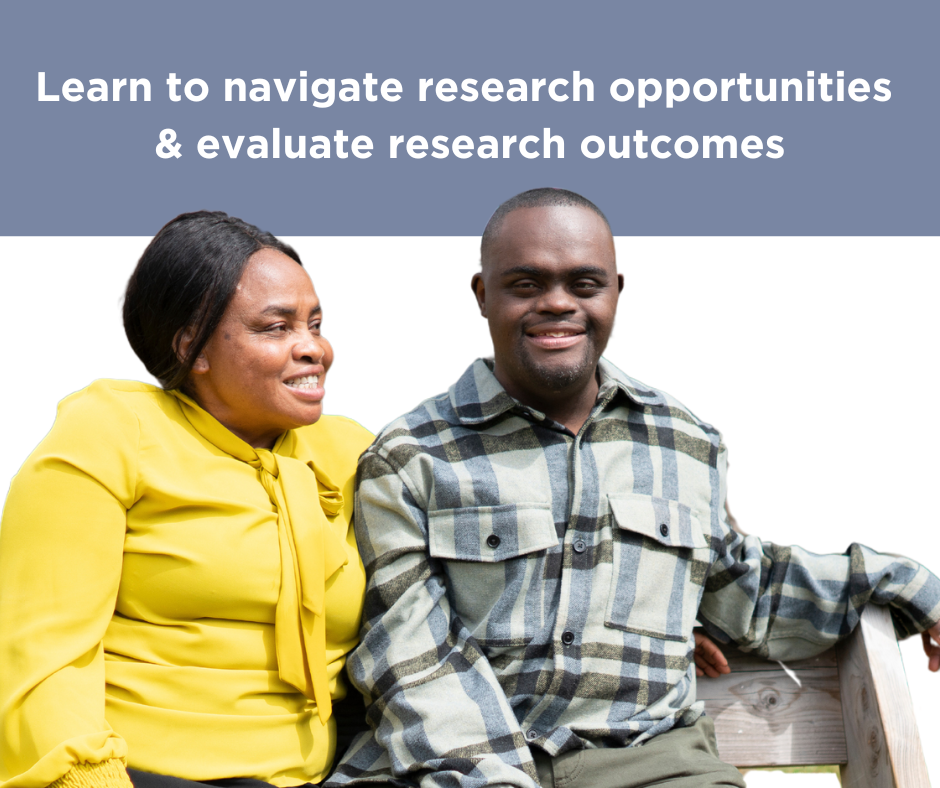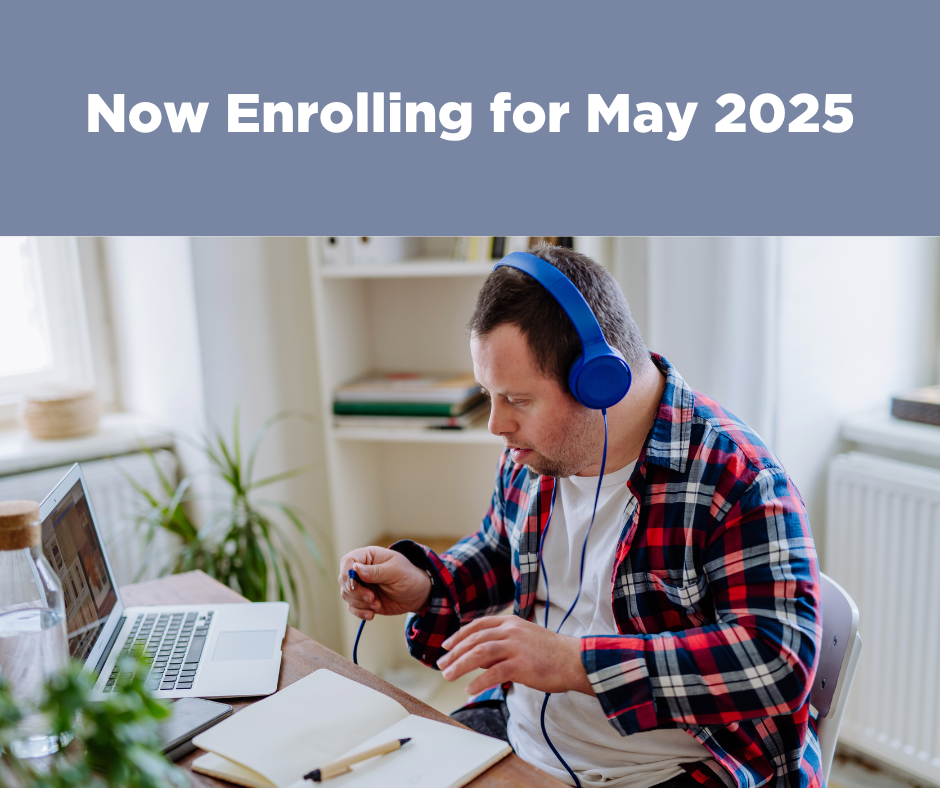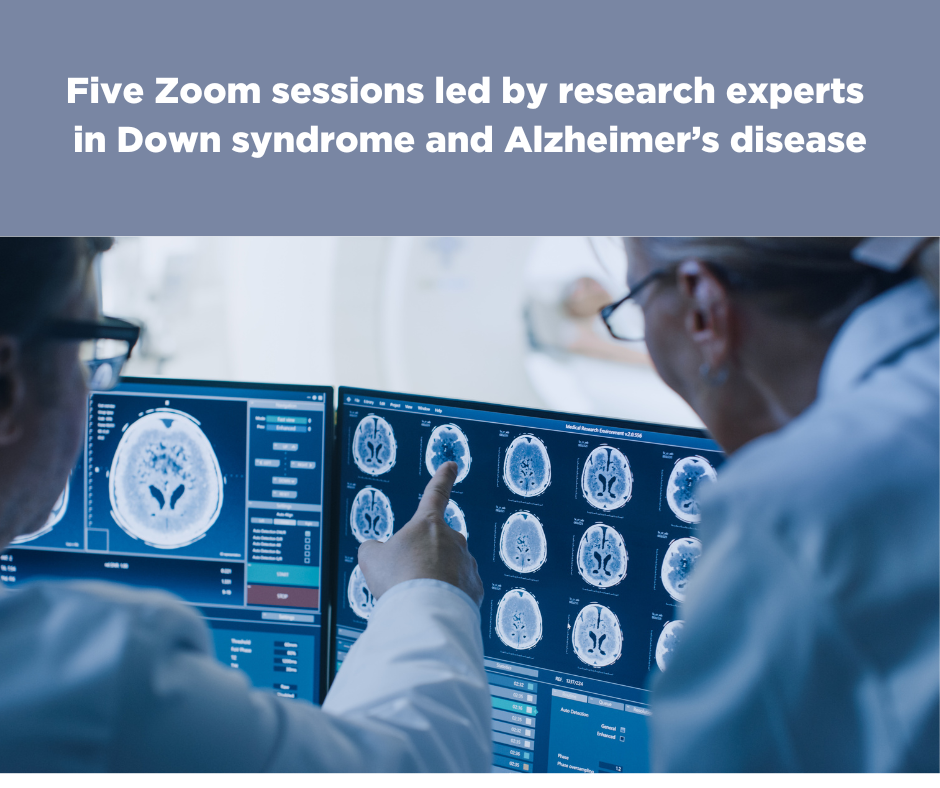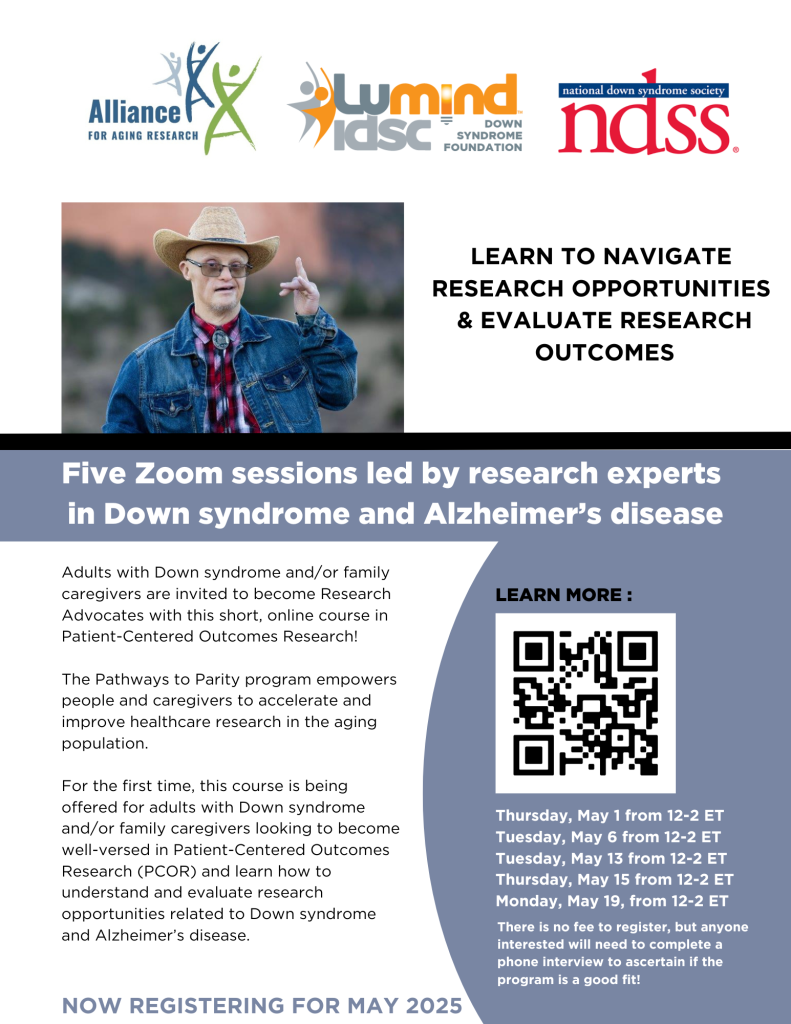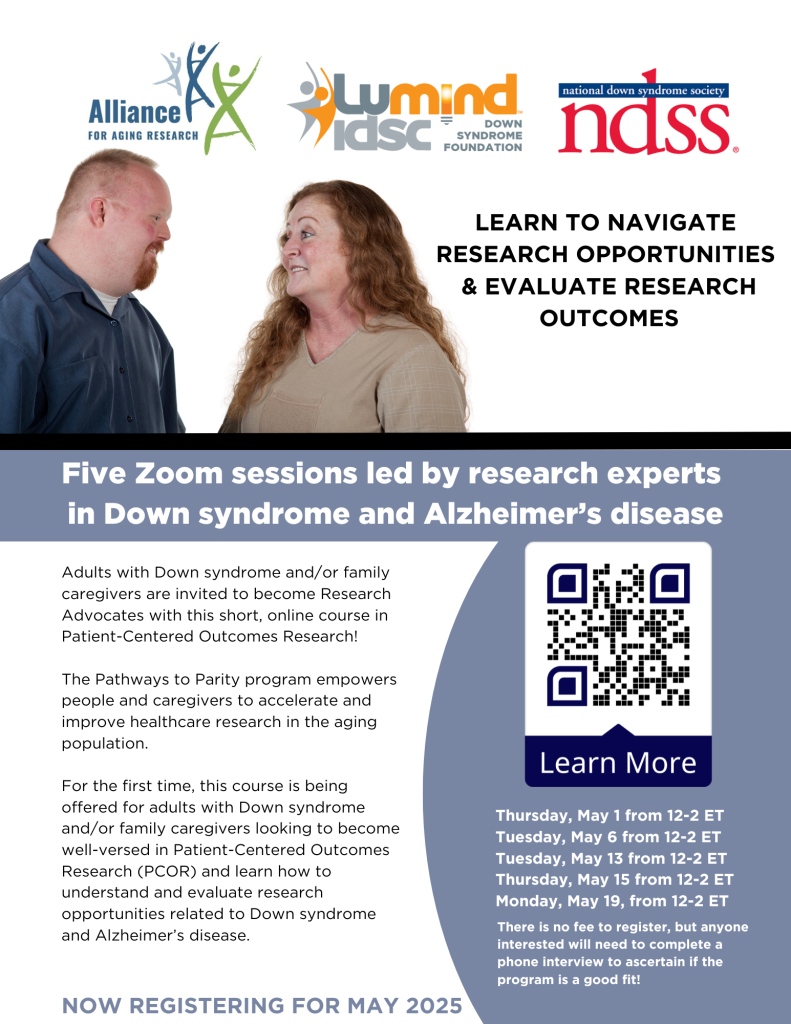PCOR educates patient advocates and their family caregivers on clinical research related to Alzheimer’s disease for better collaboration with physicians and researchers so that patients and their family caregivers can make better informed decisions about their healthcare.
This Pathways to Parity Training Program was funded through a Patient- Centered Outcomes Research Institute® (PCORI®) Eugene Washington PCORI Engagement Award (EACB-34739). This program is a collaboration between the Alliance for Aging Research, LuMind IDSC, and the National Down Syndrome Society (NDSS).
